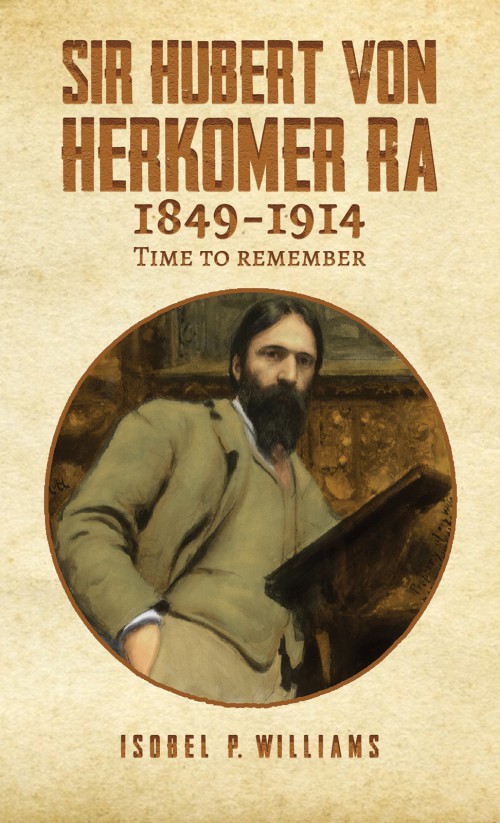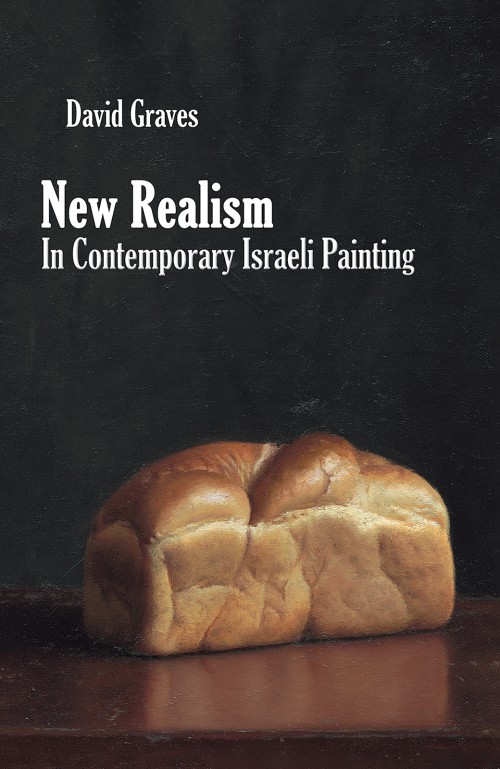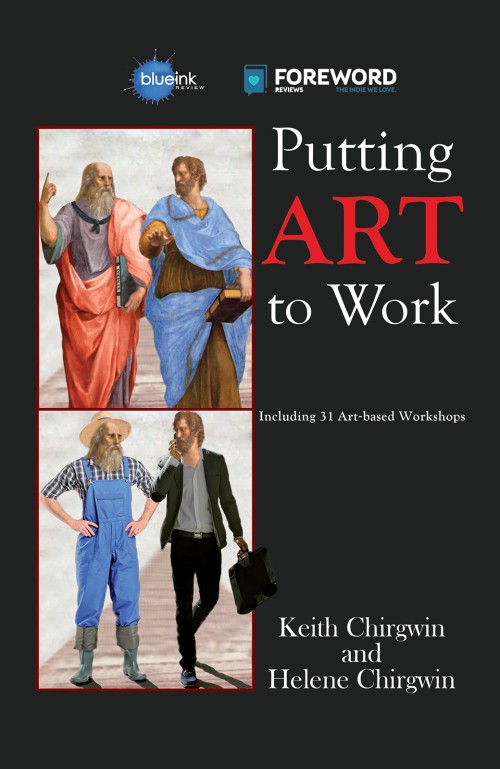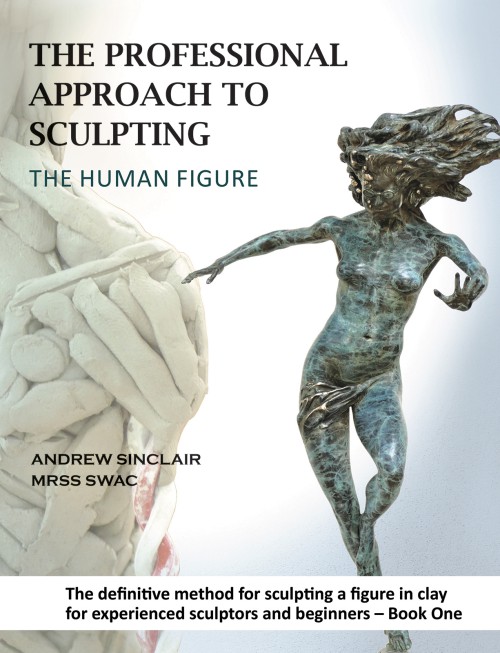In 1848 Europe was in turmoil. People were starving, work was scarce. Hubert Herkomer’s father, a Bavarian woodcarver, emigrated to the United States with his wife, a musician, and their two-year-old son. But the settled future they hoped for did not materialize – after struggling for six years, the family borrowed money and settled in Southampton. They were almost penniless.
With his father’s encouragement, he picked up the paintbrush. At 13 he could paint in oils. Though art school was a disastrous experience, he sold his first painting at 19. His creative mind would end up contributing to multiple fields from photography to car racing.
But fame is a roller coaster. Hubert’s loyalty to Germany (and Britain) during the lead up to World War 1 resulted in personal and artistic unpopularity. He died just before the war.
However, his vivid and evocative work regained its value in the second half of the twentieth century, restoring his reputation as an artistic paragon and visual chronicler of the Victorian and Edwardian age.
This is the story of an artist and his art-filled life.











